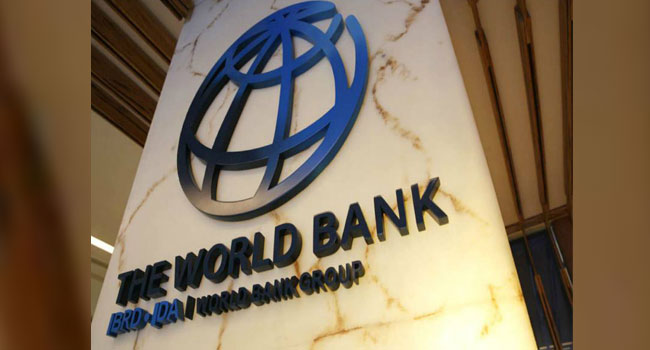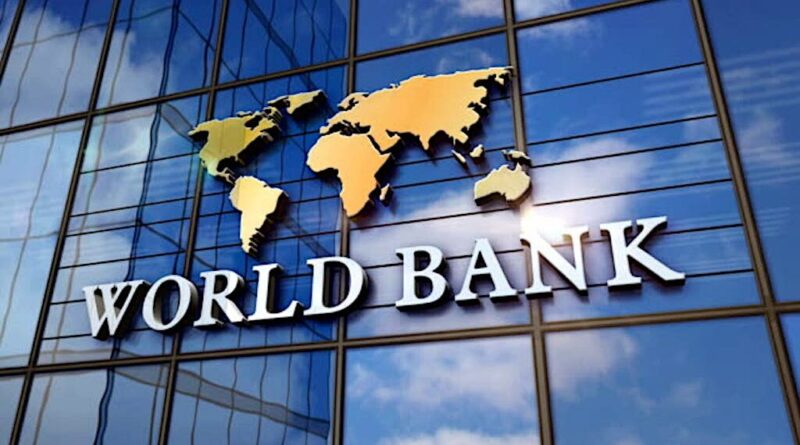The Federal Government will lose $4m from a World Bank loan after failing to meet audit standards for FIRS and Customs revenue reforms, part of the $103m fiscal project
[dropcap]F[/dropcap]ederal Government loses World Bank loan funds after failing to meet auditing standards on a critical revenue reform component involving the Federal Inland Revenue Service (FIRS) and the Nigeria Customs Service.
Also read: World Bank: Nigeria’s reforms strengthen FX market, boost revenue
According to a World Bank restructuring document dated June 2025, Nigeria will forfeit $4m allocated for a revenue assurance audit covering the financial years 2018 to 2021.
The audit, part of the $103m Fiscal Governance and Institutions Project, did not meet international auditing standards, according to the Independent Verification Agent.
The project, which is financed by the International Development Association, was designed to enhance public financial management through improved revenue administration and data transparency.
A statement from the document reads: “These Intermediate Results to be implemented by the Office of Auditor-General of the Federation were assessed as not achieved… the reports submitted for verification did not meet the requisite international auditing standards.”
The failed audit was one of ten performance-based conditions (PBCs) under the project that the Federal Government failed to achieve by the closing date of 30 June 2025.
Consequently, the Federal Ministry of Finance has formally requested the cancellation of $10.4m in unutilised project funds, including $0.9m in unused technical assistance and $9.5m tied to unmet performance conditions.
Breakdown of the cancelled funds includes $4.5m for the incomplete Revenue Assurance and Billing System and $1m for a National Budget Portal, for which no documentation of progress was submitted by the Budget Office.
This latest cancellation follows a previous restructuring in June 2024, which saw $22m dropped from the original $125m envelope. With the new adjustment, the project’s total funding now stands at $92.6m.
Despite the audit-related setbacks, the World Bank acknowledged some progress. Non-oil revenue in 2024 reached 153 per cent of the budget target, up from 64.9 per cent in 2018.
This improvement is credited to the unification of the exchange rate, better tax collection systems such as TaxProMax, and automated remittances from ministries and agencies.
Additionally, the government surpassed targets in publishing fiscal data and launched reforms including the Electronic Register of Beneficial Owners by the Corporate Affairs Commission, now covering 40 per cent of registered entities.
However, capital expenditure execution lagged at 50 per cent, falling short of the 65 per cent target, while project monitoring and evaluation were rated moderately unsatisfactory.
Also read: Nigeria’s poverty to increase 2027, World Bank warns
Final disbursement is projected at $96.04m, representing 93 per cent of the revised $103m budget.
Oreoluwa is an accountant and a brand writer with a flair for journalism.





























